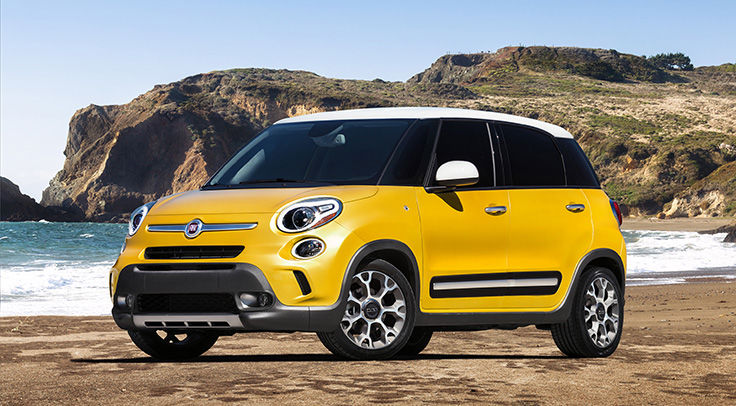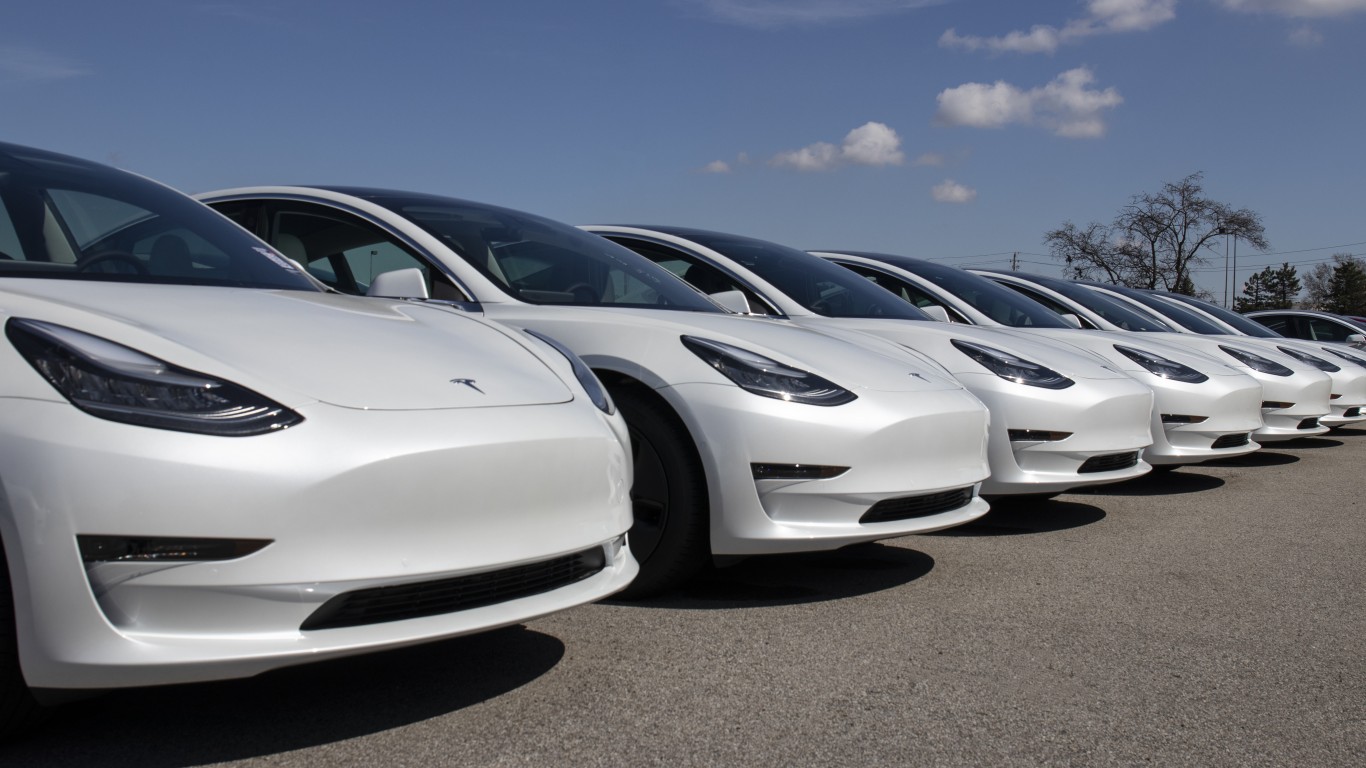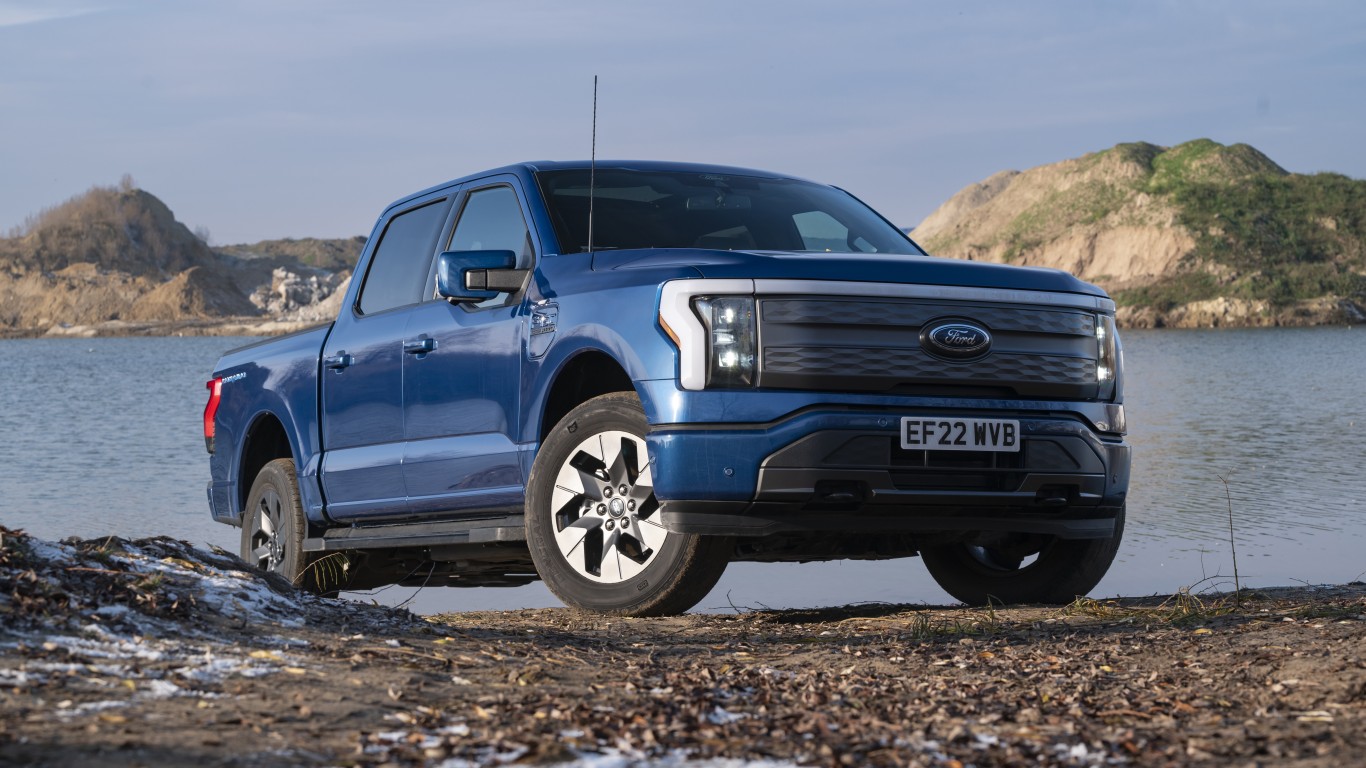Fiat, the Italian part of the global Fiat-Chrysler alliance, is having more and more trouble selling its small, inexpensive cars in America. Most recent data on “days to turn,” the average number of days dealers have cars in inventory before selling them, continues to rise for Fiat. Its struggles in Europe make Fiat’s success in the United States important.
Among all major car makes sold in America, Fiat had the highest number of days to turn at 122 in June, according to research operation Edmunds. The figure was up 40% from June 2013. The industry average was 68 days, up 10% over the same period. Subaru was at the other end of the spectrum at 32 days to turn, followed Toyota Motor Corp.’s (NYSE: TM) Lexus luxury brand at 35 days to turn.
It is worth noting that Subaru sales rose 16.3% in the first half of the year to 238,008, and the company owns 2.9% of the American market. Fiat can boast its sales through the first half of 2014 were up 16% to 24,972. However, sales of its flagship 500 fell 14% over the same period to 18,179.
The chief of the Chrysler Group, Sergio Marchionne, who also heads Fiat, has to decide whether it is worth supporting a small underperforming brand. Fiat, like any other car, requires marketing and dealer support. At some point the effort is not worth the cost. However, Marchionne may believe he has to make Fiat a success in the United States. The brand is suffering in its home market of Europe. The European Automobile Manufacturer’s Association reported that Fiat sales in the European Union through May were higher by only 1.5% to 338,716. The overall market rose 6.9% for the same period. Fiat ranks sixth in market share in the EU behind Volkswagen; PSA Group, which makes Peugeot; Renault; General Motors Co. (NYSE: GM); and Ford Motor Co. (NYSE: F).
Finally, one of the most significant hurdles Fiat must overcome is its quality reputation. In the recent J.D. Power 2014 Initial Quality Study, Fiat finished last with 206 problems per 100 vehicles sold. The industry average was 116.
Fiat’s sales in the United States are critical to its parent company. The odds against the needed success are very high.
ALSO READ: 10 Brands That Will Disappear in 2015
Travel Cards Are Getting Too Good To Ignore (sponsored)
Credit card companies are pulling out all the stops, with the issuers are offering insane travel rewards and perks.
We’re talking huge sign-up bonuses, points on every purchase, and benefits like lounge access, travel credits, and free hotel nights. For travelers, these rewards can add up to thousands of dollars in flights, upgrades, and luxury experiences every year.
It’s like getting paid to travel — and it’s available to qualified borrowers who know where to look.
We’ve rounded up some of the best travel credit cards on the market. Click here to see the list. Don’t miss these offers — they won’t be this good forever.
Thank you for reading! Have some feedback for us?
Contact the 24/7 Wall St. editorial team.


